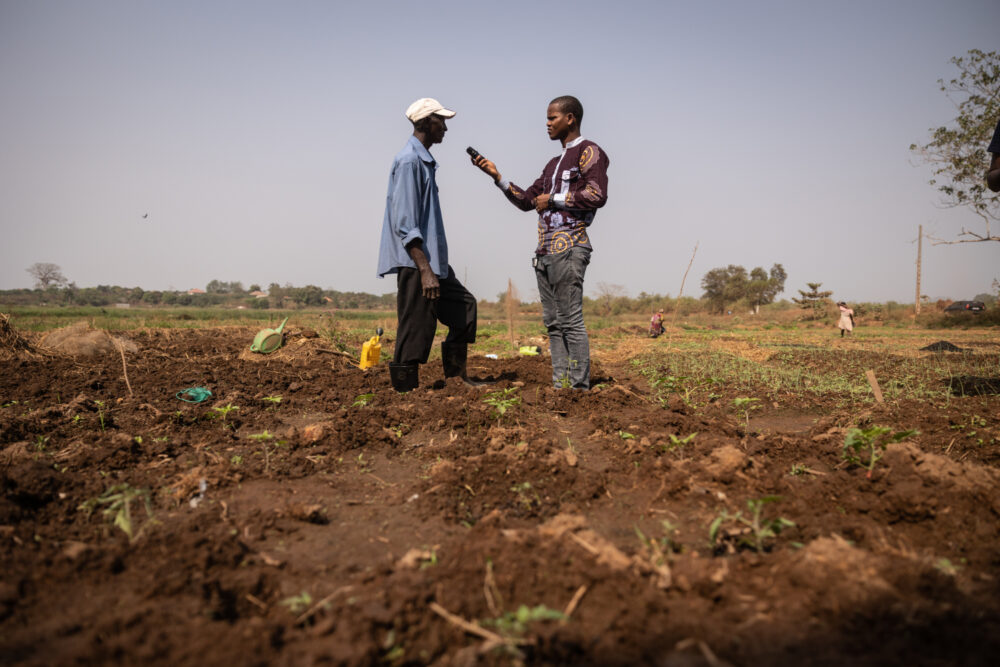Public interest media have a major role to play in the exercise of democracy, in crisis situations, and of course in the ecological transition. They must be recognized as a sector in their own right, and benefit from dedicated, long-term funding.
Misinformation was identified at Davos earlier this year as one of the biggest threats to humanity. The fight against misinformation is currently being discussed at the G20 summit in Brazil. We are seeing more and more political statements on the need for reliable and credible information. The international community is seeking to make digital platforms more accountable, and to strengthen international actions against misinformation, including regulation of artificial intelligence. Unfortunately, independent media that try to stay true to verified, reliable information are the great absentees from these high-level discussions. The media are clearly still not considered as a sector in its own, with the right to a voice.
Despite public declarations, the media sector’s economic difficulties leave decision-makers unmoved. In most countries – and Switzerland is no exception – public funding support for the media is being rejected, and funding for public service media is under threat. In crisis situations, the erosion of public-interest media makes this phenomenon all the more worrying. Reliable information is often a matter of survival. Yet the percentage of public development aid allocated to supporting the media sector (0.3% of total aid) has not increased in the last 10 years, and the media sector is currently absent from funds under discussion for the reconstruction of Ukraine, for example.
World Press Freedom Day May 3, for the good of the Planet
The 31st World Press Freedom Day is dedicated to the importance of journalism and freedom of expression in the context of the environmental crisis. Only solid general-interest media can provide unbiased coverage and propose solutions in complete independence. Fondation Hirondelle media working in crisis contexts encourage a constructive and innovative approach, with solutions-oriented journalism based on local experiences, giving a voice to populations directly affected in their daily lives by the consequences of climate change.
Caroline Vuillemin, General Director of Fondation Hirondelle

